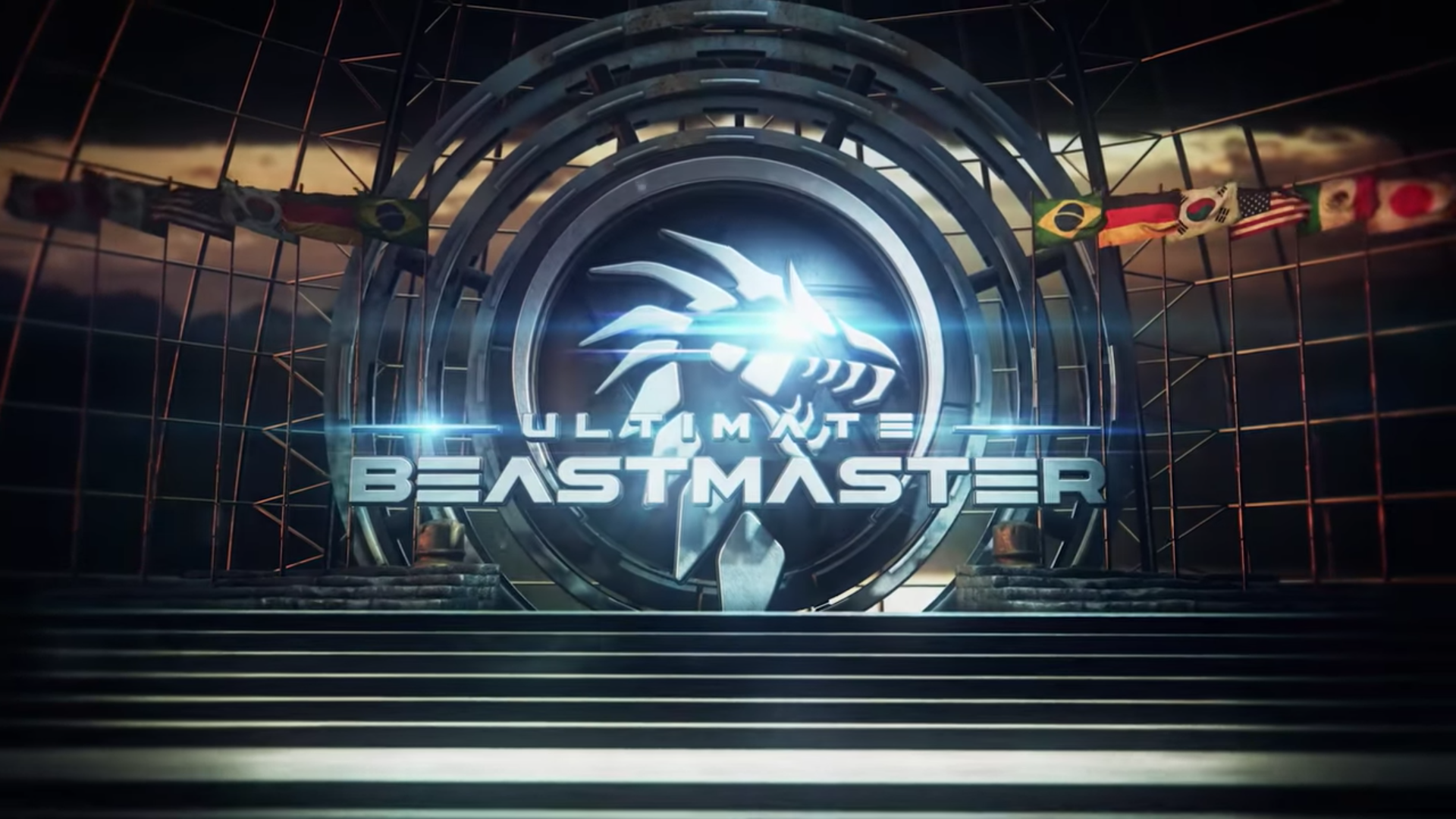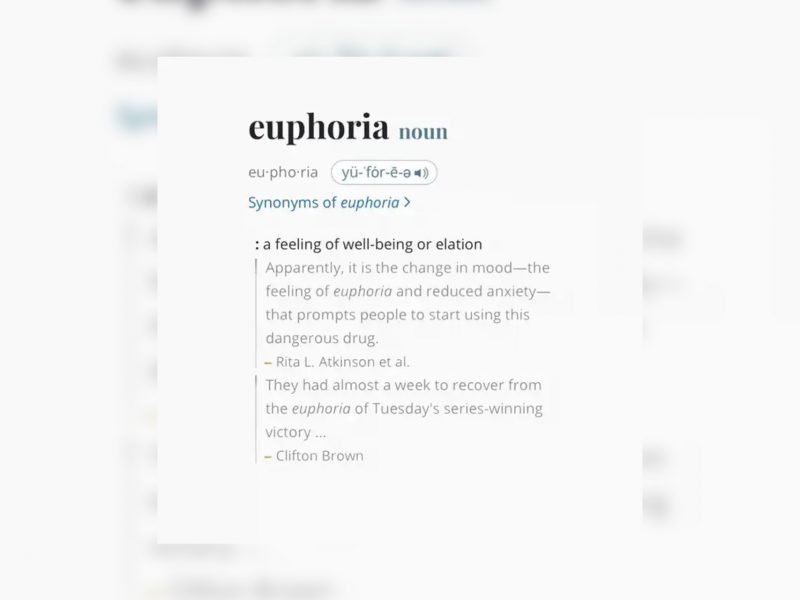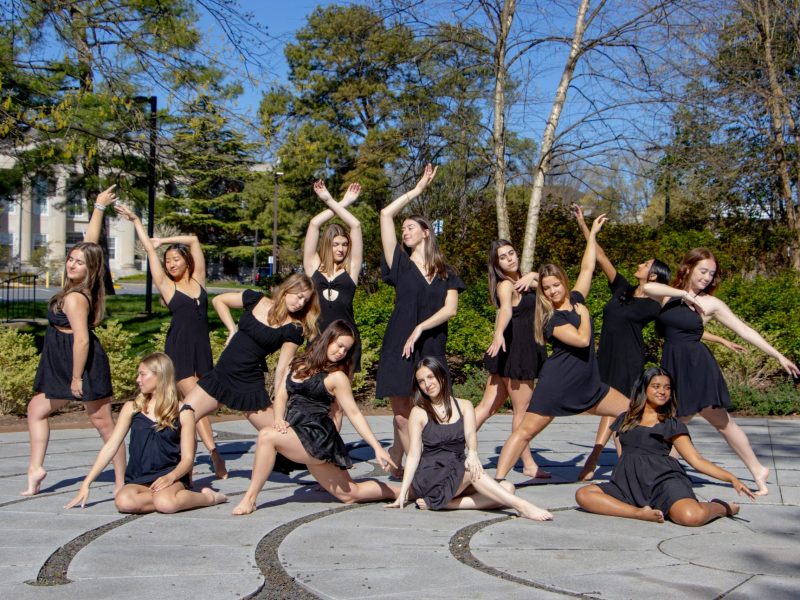At first glance, you’ve seen this show a million times. A semi-famous host you’d probably forgotten about until now has semi-professional athletes, personal trainers or just plain old adrenaline junkies compete on a large-scale obstacle course to try to prove they’re the best.
But the Netflix original Ultimate Beastmaster, the online streaming site’s first reality competition show that premiered online Feb. 24, is shaking up not only athletic competition shows, but content in general as we know it.
It’s American Ninja Warrior, if American Ninja Warrior was streamed online and featured contestants and announcers from all over the world. In each episode, Brazil, Germany, Japan, Mexico, South Korea and the United States are each represented by two contestants as well as two commentators.
The way Ultimate Beastmaster really sets itself apart, though, is the fact that episodes are individually tailored to the countries in which they’re playing. Viewers in the U.S. will hear commentary from the American hosts, actor and former athlete Terry Crews and TV host Charissa Thompson — while viewers in, say, Japan will listen to the Japanese commentators, sports broadcaster Yuji Kondo and singer/actress Sayaka Akimoto. The main storyline stays the same regardless of where viewers are watching, and everyone still gets to know each contestant with the help of translated subtitles.
January 2016 marked a huge transition for Netflix: It became available in 130 new countries and territories, opening up its content on a global scale. Not only does Ultimate Beastmaster award Netflix the ability to showcase its increasing credibility as an original content creator, it also allows for a unique show in which content reflects its collective and diverse viewers.
I’m constantly guilty of half-paying attention to shows I watch, whether that’s because of checking Twitter, texting or even just playing games on my phone. Ultimate Beastmaster demands attention. This is, in part, due to the entire premise surrounding contestants completing — or not completing — tasks, but is, in larger part, due to the fact that not all the contestants speak English. While most scripted shows allow viewers the freedom to look away and still pick up on what’s going on, a show that relies on exciting visuals and subtitles offers no such luxury.
Recently, I wrote about how scripted shows streamed online, such as Orange is the New Black, may not be entirely sustainable because viewers eventually stop caring about characters they interact with only once a year. That’s not the case for reality competition shows.
I watched six seasons of The Great Food Truck Race in a week and a half over summer break (living the dream, I know). Even now, I might pick up on an episode every once in a while. It’s easy watching because the characters change constantly, so it doesn’t require the same momentum that a scripted show needs.
Ultimate Beastmaster might be the most self-aware show right now, no doubt a product of heavy pushes into viewer analytics and focus groups on Netflix’s part. The creators of Ultimate Beastmaster know this isn’t going to be your favorite show of all time. They know you probably won’t care about it a week after you finish watching each season. But they know you’ll enjoy it while you’re watching, and that’s all that matters.




